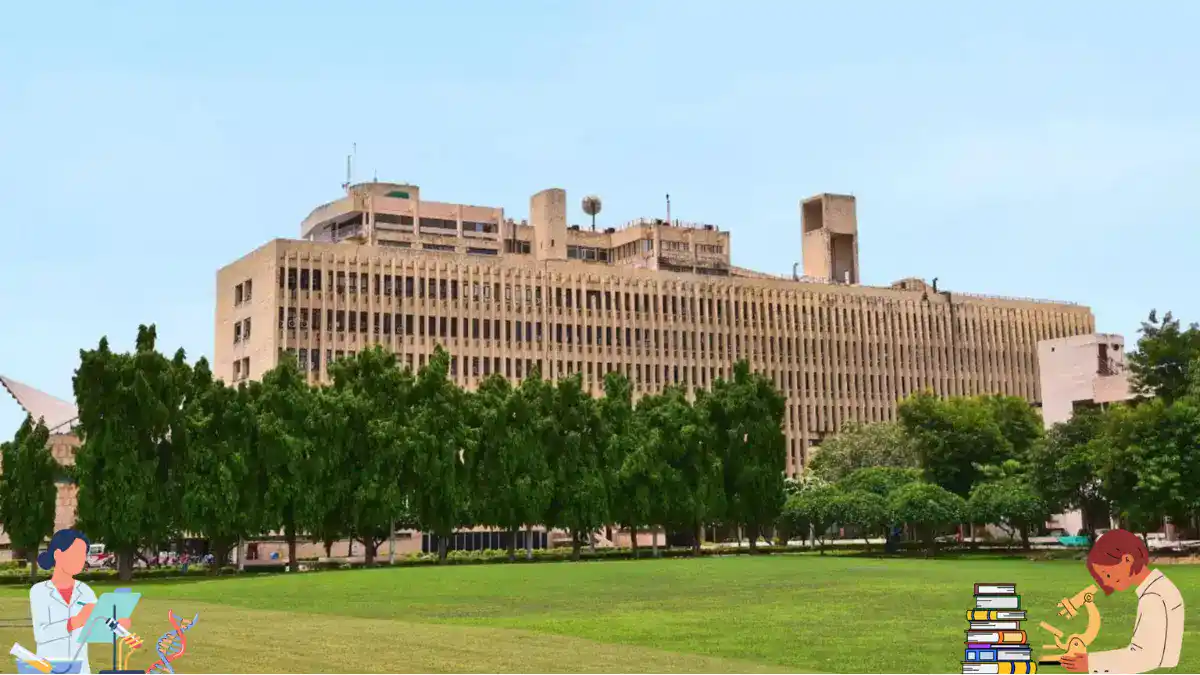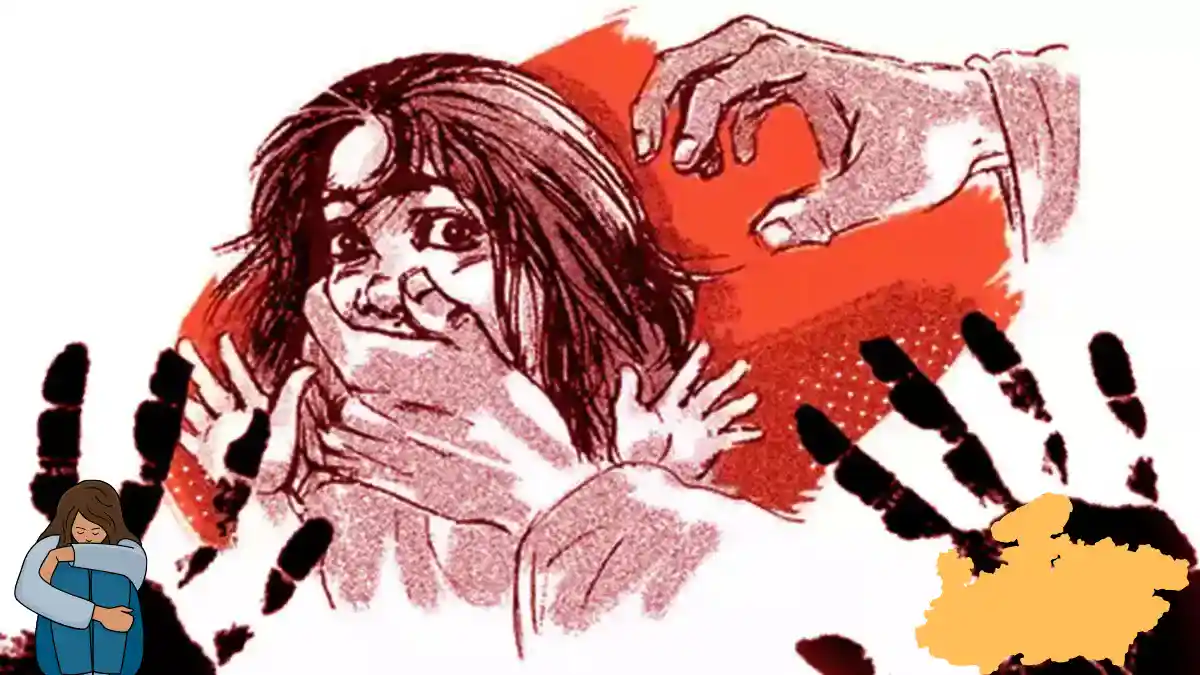
India has officially started implementing key legal provisions from the Bharatiya Nagarik Suraksha Sanhita, a new set of criminal laws designed to modernize the justice system. These changes aim to improve how crimes are handled, making the process more efficient and fair. How will these laws affect everyday life and the way crimes are dealt with in India? Let’s dive into the details.
What Are the New Laws?
The Bharatiya Nagarik Suraksha Sanhita is part of a broader effort to update India’s legal system. It replaces the older Criminal Procedure Code (CrPC) and introduces new rules to handle criminal cases more effectively. These laws are focused on streamlining investigations, ensuring quicker trials, and providing better protection for victims.
One key change is the emphasis on using technology to speed up legal proceedings. The new laws encourage the use of video conferencing for court hearings, digital filing of complaints, and faster communication between police and courts. This is expected to reduce delays and make the system more efficient.
How Will These Laws Affect the Public?
For ordinary citizens, the Bharatiya Nagarik Suraksha Sanhita brings several important changes. One of the most significant updates is the introduction of stricter rules for handling crimes such as sexual harassment, organized crime, and cybercrime. This means that authorities are now expected to take quicker and more decisive action when dealing with serious offenses.
Additionally, the new laws aim to protect the rights of victims more effectively. For example, the legal process for filing complaints has been simplified, making it easier for people to report crimes without unnecessary complications. This is especially important for victims of serious crimes, who can now expect faster investigations and support.
Why Are These Laws Important?
The new criminal laws were introduced to address long-standing issues within India’s justice system. Under the old laws, cases could drag on for years, leaving victims waiting for justice. By modernizing the legal framework, the Bharatiya Nagarik Suraksha Sanhita aims to fix these problems and ensure that justice is served more quickly.
Another reason these laws are important is that they emphasize the use of modern technology in legal proceedings. In a country as large and diverse as India, using digital tools like video conferencing and online documentation can make a big difference. It reduces the need for people to travel long distances for court hearings and speeds up the legal process.
What Are the Key Changes?
Several major changes have been introduced under the Bharatiya Nagarik Suraksha Sanhita. One of the biggest updates is the new focus on fast-tracking cases that involve serious crimes. Courts are now required to prioritize these cases, ensuring that they are dealt with as quickly as possible.
Another important change is the creation of special provisions for handling crimes like cybercrime and organized crime. As these types of offenses become more common, the new laws provide clearer guidelines for investigating and prosecuting them. This will help law enforcement stay ahead of criminals who use technology to commit offenses.
Human Impact: How Does This Affect People?
For victims of crime, these new laws are a step toward getting justice faster. Under the old system, cases could be delayed for months or even years, leaving victims feeling frustrated and powerless. The new laws are designed to prevent these delays, making sure that victims are heard and their cases are handled efficiently.
For society as a whole, these laws help create a safer environment. By cracking down on serious crimes and streamlining the legal process, the Bharatiya Nagarik Suraksha Sanhita ensures that justice is delivered more swiftly. This can give people more confidence in the legal system and make them feel safer in their communities.
What Could Happen Next?
As these new laws take effect, we can expect to see changes in how criminal cases are handled across India. The emphasis on speed and efficiency will likely lead to quicker trials and more timely justice for victims. Over time, this could help reduce the backlog of pending cases and improve public trust in the justice system.
Additionally, the focus on technology could transform the way courts and law enforcement work. As digital tools become more widely used, the legal system may become more accessible to people across the country, particularly in remote areas.
Conclusion
The implementation of key provisions from the Bharatiya Nagarik Suraksha Sanhita marks a major step forward in modernizing India’s criminal justice system. By focusing on efficiency, technology, and the rights of victims, these new laws aim to create a fairer and faster legal process. As the system evolves, these changes could bring lasting improvements to how justice is delivered in India.





